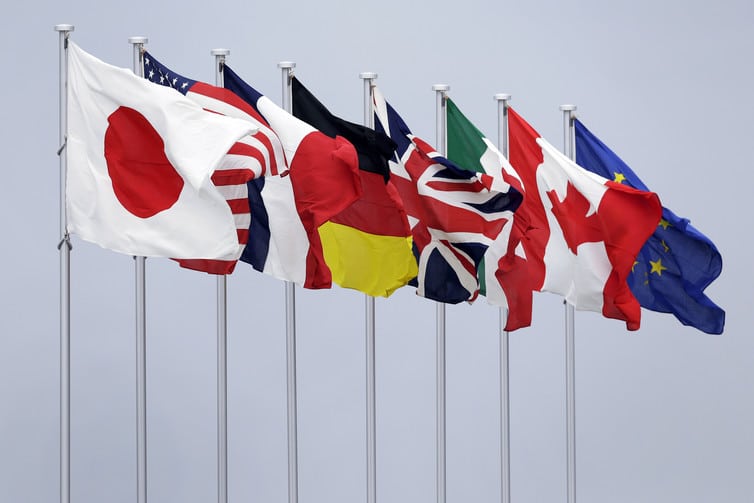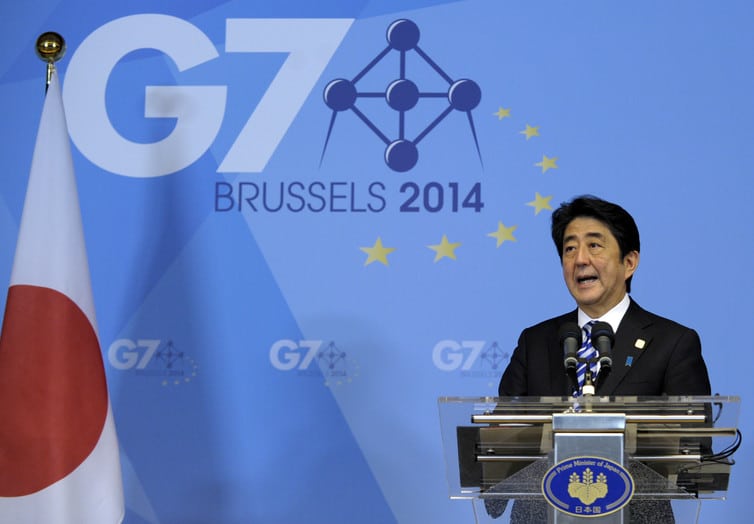Australia Before and ChAFTA
Australia, as in the past, has the potential to play a role in shaping the Asian economic cooperation agenda in a way that deepens regional economic linkages and lifts the growth potential of Asian economies. As the world’s economic gravity continues to shift to Asia, Australia will benefit greatly from being an integral part of Asia’s economic transformation.





